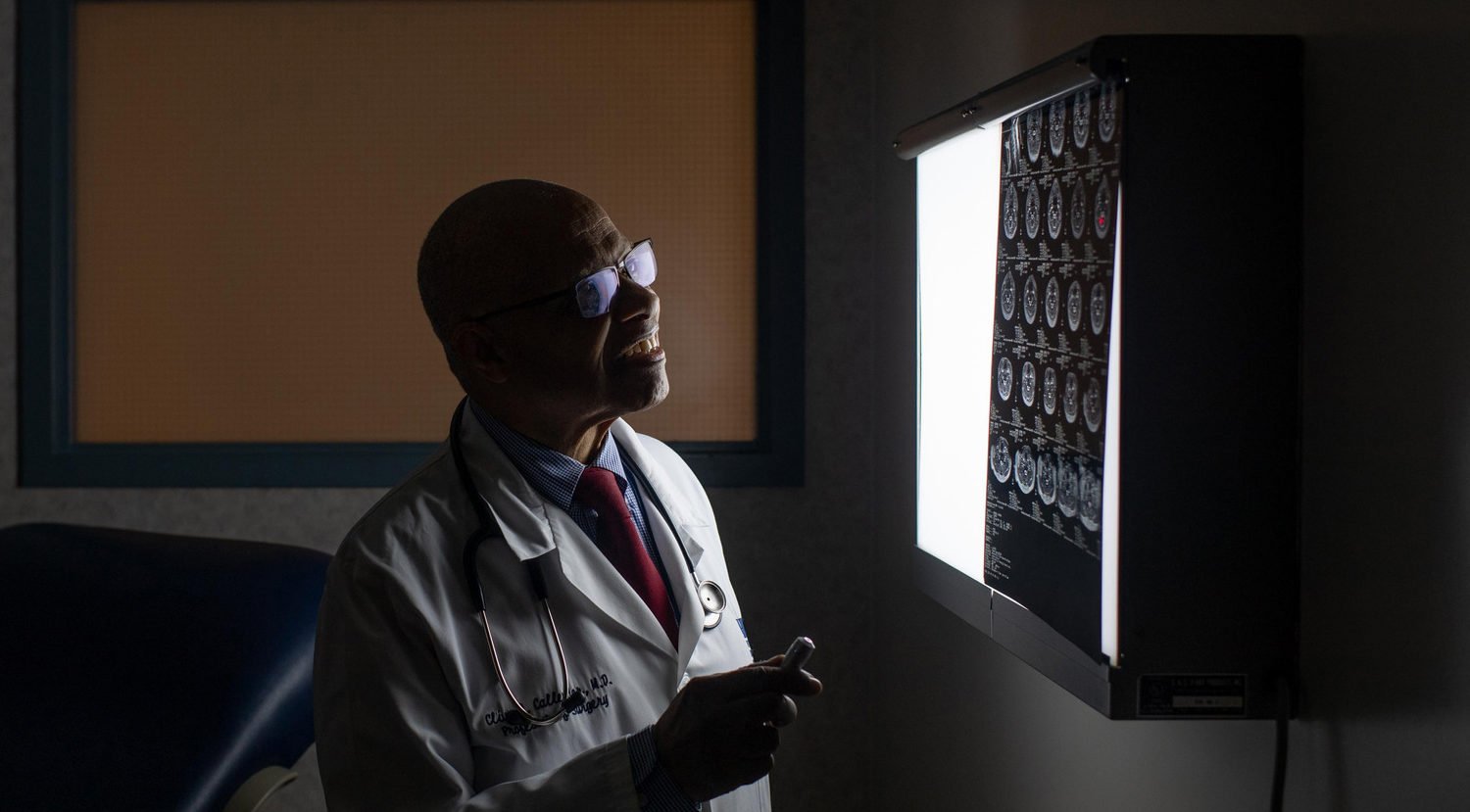Aspirin, a commonly used painkiller, is quickly becoming the little over-the-counter medication that could.
A new study published in the journal Cancer suggests that aspirin and other similar painkillers may help protect individuals against skin cancer. In particular, those who filled more than two prescriptions for nonsteroidal anti-inflammatory drugs, or NSAIDs, were less likely to develop two major types of skin cancer: squamous cell carcinoma and malignant melanoma.
The study, conducted by a team of researchers at Aarhus University Hospital in Denmark, involved 18,000 Danish people who had varying types of skin cancer, including the three most prevalent types: basal cell carcinoma, squamous cell carcinoma, and malignant melanoma. The researchers compared their prescription records with 178,655 people without skin cancer over an 18-year period.
Those who filled more than two prescriptions for aspirin or other common painkillers reduced their risk of developing squamous cell carcinoma by 15 percent. They also had a 13 percent decreased risk for developing malignant melanoma.
However, for basal cell carcinoma, there was no difference between individuals who took NSAIDs and those who did not. Although, researchers noted that those who took NSAIDs at high intensity or for seven or more years did have a 15 and 21 percent reduced risk of developing this form of skin cancer on areas of the body other than the head and neck, respectively. This is significant since these areas are less-exposed sites on the body.
While researchers aren’t entirely certain why aspirin may prevent skin cancer, they suspect it may have to do with the drug’s anti-inflammatory properties. The drug may prohibit certain enzymes from performing their cancer-developing process, including tumor growth.
This isn’t the first time that taking aspirin daily has proven to have cancer-reducing benefits. An American Cancer Society report published in April found that taking aspirin produced a 10 percent reduction in overall cancer incidence in the first ten years of treatment. The painkiller is often given to people at risk for cardiovascular disease symptoms, including heart attacks and strokes.
“This potential cancer-protective effect should be taken into account when discussing benefits and harms of NSAID use,” lead researcher Sigrun Alba Johannesdottir said in a statement.
But before you start popping aspirin daily, consult with your doctor. Increased caution should be taken by those who suffer from certain health conditions, including bleeding or clotting disorders, an aspirin allergy, or bleeding stomach ulcers.
The full study is available in Cancer’s online journal.











